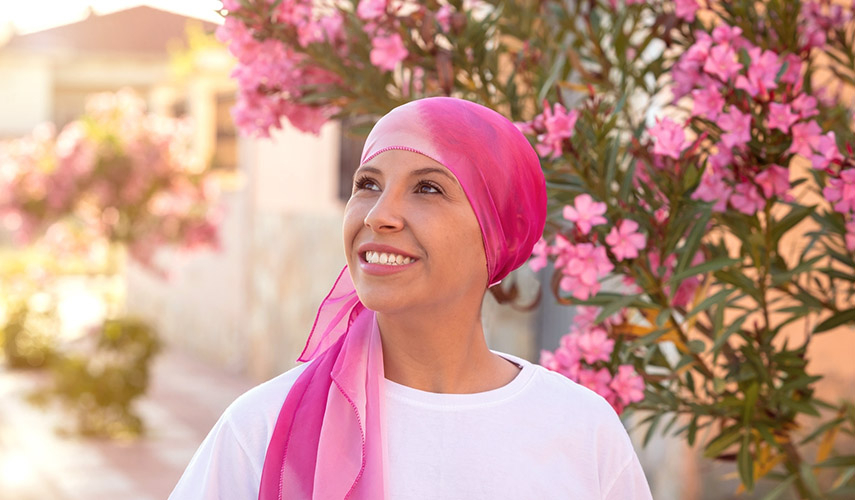


We all know the importance of immunization for the body. In cancer patients, however, there are some points that need to be noted.
Concerned with clarifying the population about the vaccination of these patients, the Brazilian Society of Immunizations (SBIm) and the Brazilian Society of Clinical Oncology (SBOC) launched the Guide for Vaccination in Oncology Patients. The publication brings together, among other things, information on specially recommended and contraindicated vaccines, vaccination of household contacts and presents the flow of CRIEs — including a template referral form. Currently, according to estimates by the National Cancer Institute (INCA), around 600,000 new cases of the disease occur in the country annually.
The ideal for people who are going to undergo immunosuppressive treatment is to receive vaccines before starting therapy. This guarantees safety (attenuated vaccines) and the best vaccine response (inactive vaccines). Inactive vaccines should be applied two weeks before immunosuppression and live attenuated between 3 to 4 weeks before.
And when it comes to COVID-19, which is what we are experiencing, all available vaccines are considered inactive, so there is no formal contraindication for vaccination of immunocompromised patients. Viral vector vaccines consist of non-replicating viruses and classified as functionally inactivated. Access complete information in the guide prepared by SBIm can be accessed through the link:
https://sbim.org.br/images/guias/guia-vacinacao-paciente-oncologico-sboc-sbim-2021.pdf
Vaccine storage in scientific refrigerators
In addition to the observations regarding the conditions of each patient, there is also, in relation to vaccines, the commitment to keep them correctly stored in scientific equipment. The scientific refrigerators for vaccines must be used in any health establishment that stores them, as determined by RDC 197/2017. This regulation prohibited the use of domestic refrigerators, which lead to temperature deviations and the consequent impairment of immunizing properties. Scientific refrigerators have several resources and technologies that guarantee all aspects of conservation, usually in the temperature range between 2°C and 8°C.
Roberto Olivares, Commercial Director of Biotecno, explains one of the reasons why household refrigerators should not be used to store vaccines. “It does not have temperature control at all levels. They do not have batteries and when the power from the commercial grid runs out, the temperature goes up and there is not much to do. Today there are even cases of vandalism, in which the power grid is deliberately cut off. With an Emergency System, the scientific chamber will continue cooling and operating normally, from its own backup”, complements Olivares. The thermolabile cancer drugs themselves must also be kept in scientific refrigerators to preserve their integrity and offer safety during treatments.